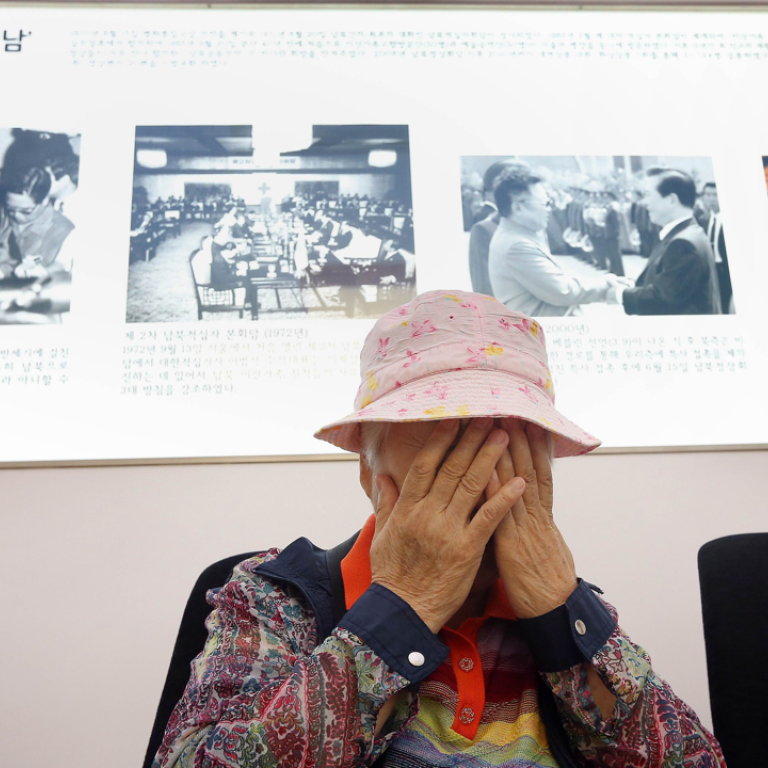
Anxiety high among South Korea’s elderly
Study found 10 per cent of the country’s elderly think about killing themselves
By Kim Se-jeong
Nearly one out of 10 people aged 65 and older has thought about committing suicide in the past year, according to a study, Tuesday.
The study by the Korea Institute for Health and Social Affairs showed that 10.3 per cent of elderly citizens said they have contemplated suicide.
The finding comes from a survey of 1,055 elderly people last year.
The percentage for those aged between 65 and 74 was 10.1 per cent, but it was even higher among those aged 75 and over at 11.4 per cent.
More than 22 per cent of the interviewees said they feel stress often or very often during their daily lives. Ten per cent categorised themselves as being depressed.
When ranking various factors of anxiety on a scale of 0 (not anxious at all) to 10 (very anxious), they gave an average 5.6.
Single people felt more insecure than those with a partner, 6 points against 5.4 points.
Income was also an important factor. Those earning more than 6 million won (US$5,314) per month showed a lower anxiety level at 4 points, while those making less than 2 million won (US$1783)rated 5.8.
More than 70 per cent of the respondents answered their income was less than 2 million won, meaning “a significant portion of Korea’s elderly population feels insecure,” according to Chae Su-mi, the leading author of the report.
“Whether they have a job or not didn’t really affect anxiety levels,” Chae said. “That is because 70 per cent of them don’t have jobs, and jobs that the others have are mostly temporary ones with a low income.”
Health was also one of the most important factors in determining anxiety: statistics show nearly 60 per cent of respondents in the age group suffer from high blood pressure, and 23 per cent, diabetes.
Mental health was also a worrying factor, and the biggest problems — stress, depression and addiction — came from financial conditions.
“Many factors are intertwined,” Chae said.
She said the government should not neglect social and mental insecurity of the elderly citizens who make up 13 per cent of the population.
“I think the most urgent problem to be addressed is isolation. The government should offer diverse activities for these people to get involved so that they will feel motivated and maintain their self-esteem and health.”

